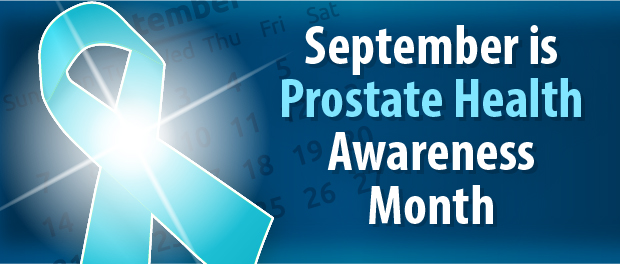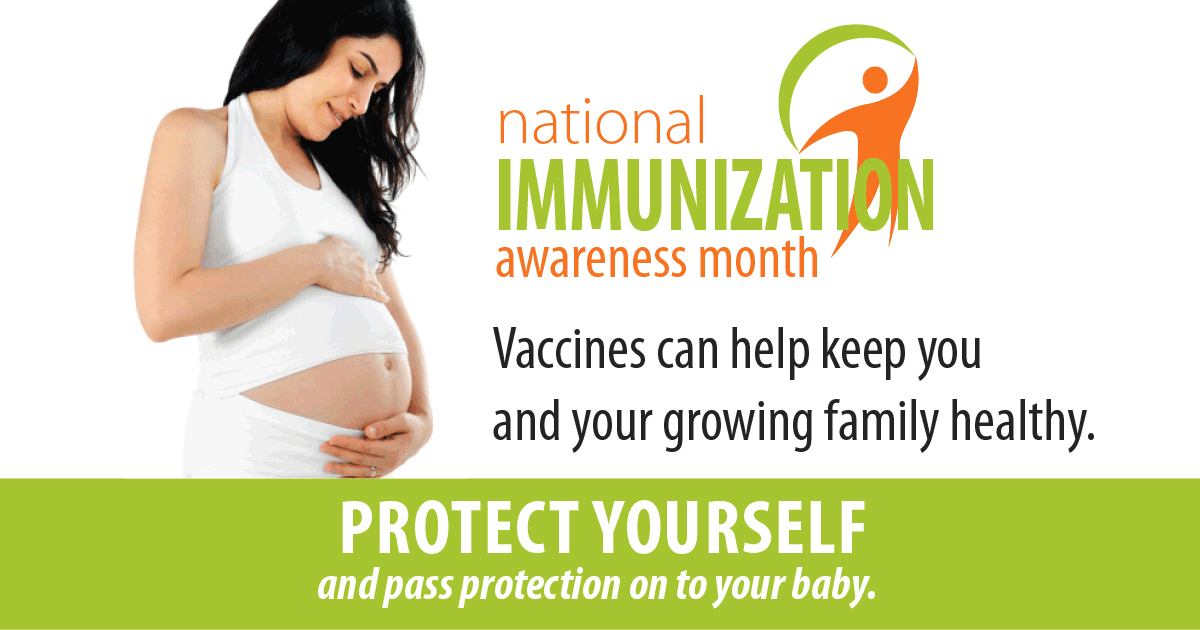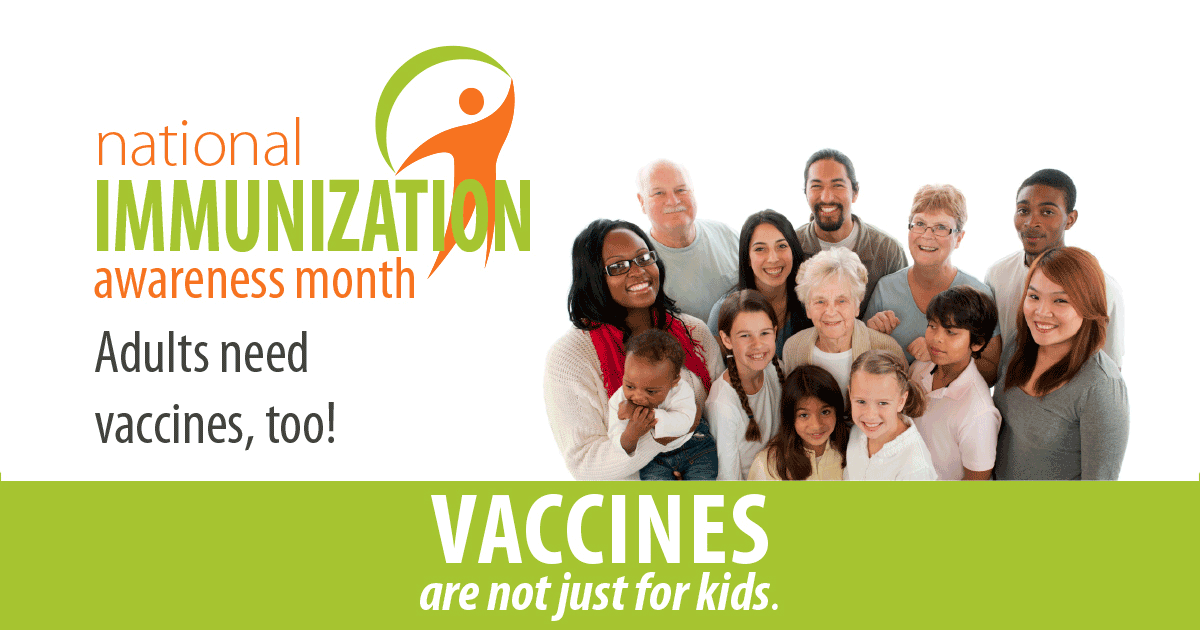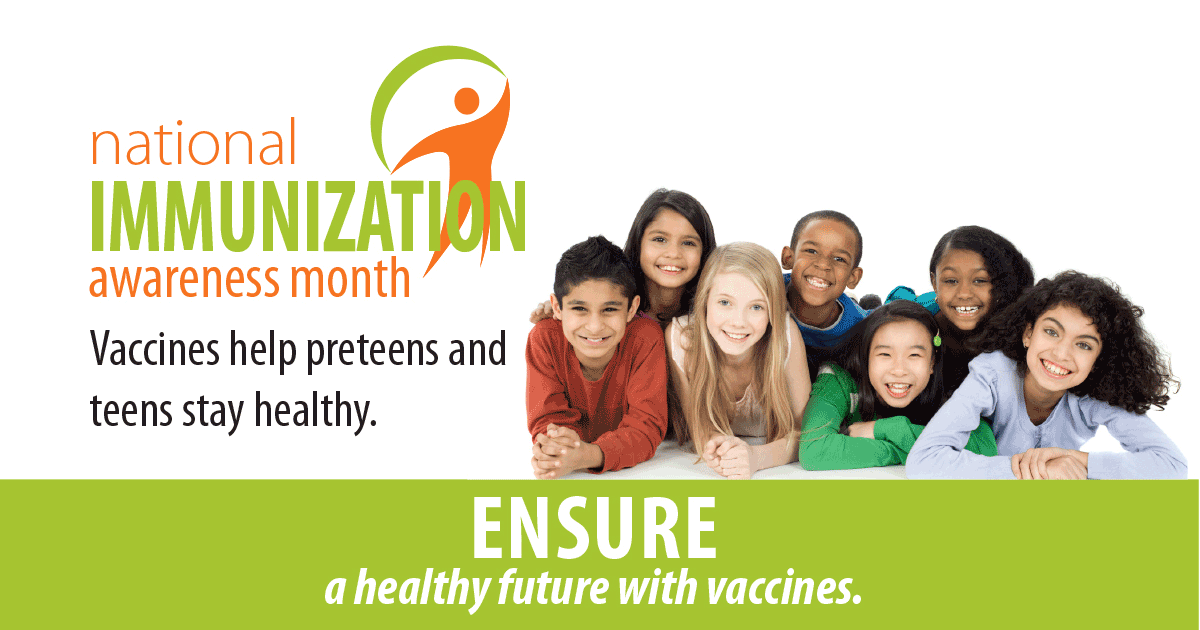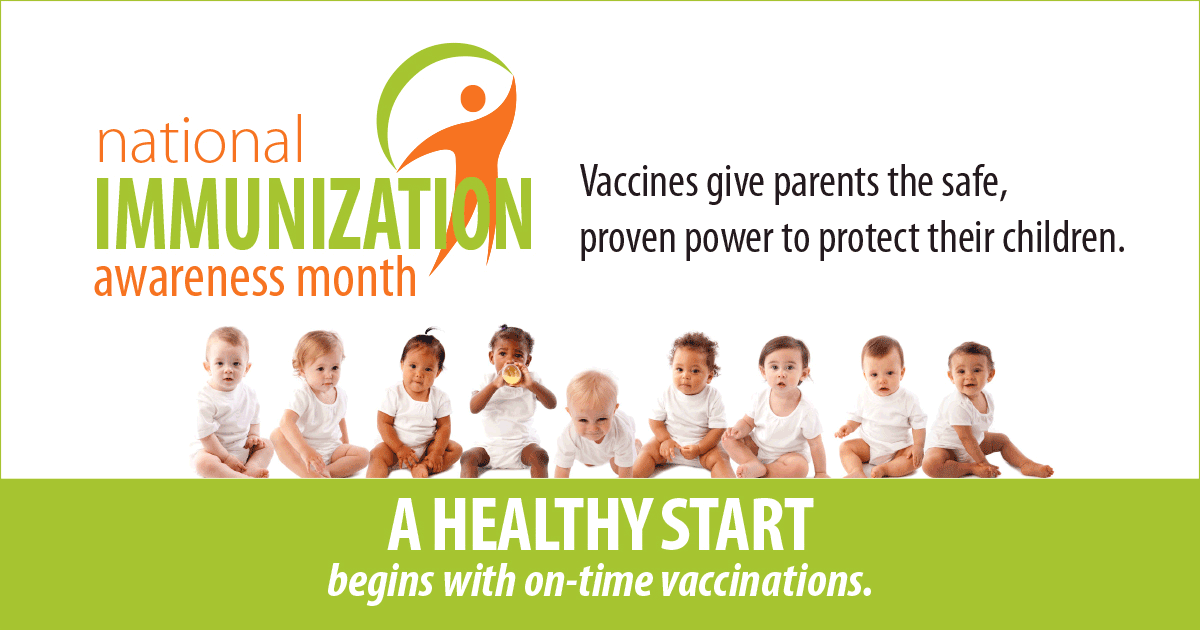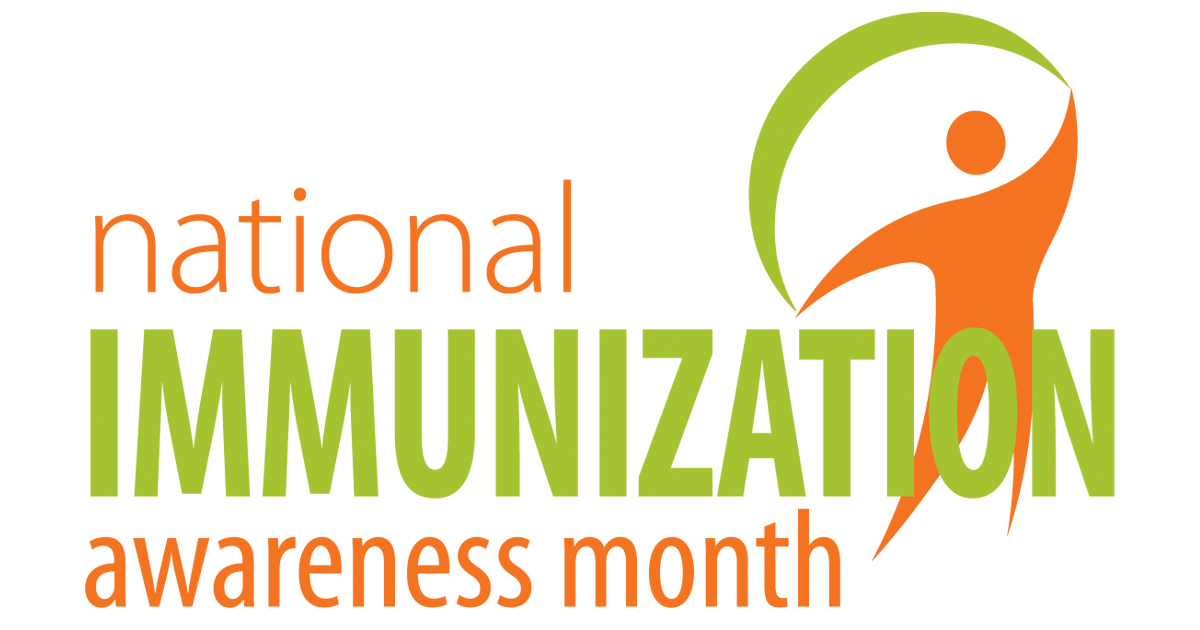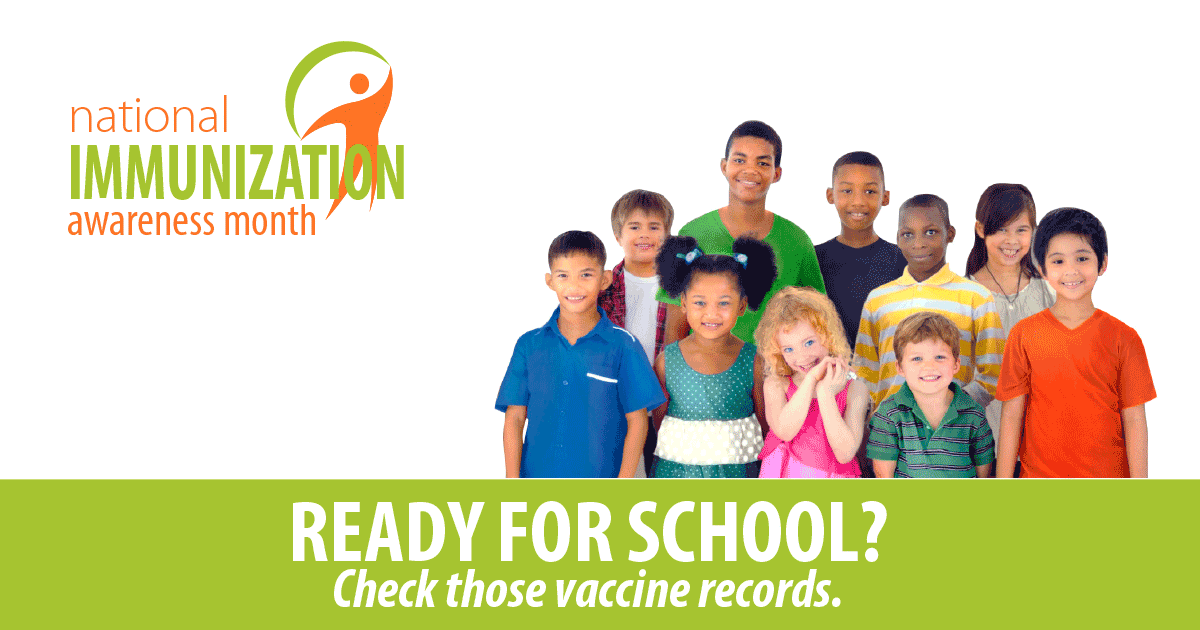September is prostate cancer awareness month.
Prostate cancer is the most common among men in the United States. According to the National Cancer Institute, there are over 3 million men living with prostate cancer in the United States and an estimated 11% of men that will be diagnosed with prostate cancer at some point during their lifetime. Therefore, it is vital to start talking with your healthcare provider about the risks and benefits of screening and when to start screening.
Because prostate cancer is often a very slow growing cancer, it can remain asymptomatic for several years. Although every patient is different, it is important to know potential symptoms to watch out for and alert your provider of right away. Symptoms may include: weak or interrupted flow of urine, sudden urge to urinate, frequent urination, pain or burning while urinating, trouble starting the flow of urine, and trouble emptying the bladder completely. Pain in the back, hips, or pelvis, as well as blood in the urine or semen, can also be indicators.
Risk factors can be another key factor. Although prostate cancer is more common in older men, it can occur in those younger, especially if some of these risk factors are present: race, genetic factors, smoking history, and family history. Men who have a relative with prostate cancer are twice as likely to develop the disease as those with no family history.
A simple blood test known as the Prostate-Specific Antigen (PSA) is used to screen for prostate cancer. An elevation in this could indicate potential disease, although elevations may be caused by numerous other factors. Only a biopsy of the prostate can diagnose prostate cancer.
The U.S. Preventive Services Task Force considers the decision to undergo periodic PSA screening to be an individual choice for men over 55, stating that they should have the opportunity to discuss its potential benefits and drawbacks with their provider. The reason for this is because the PSA screening offers a potential benefit of reducing the chance of death from the disease in some men, but also carries potential risks, such as false-positive results, over-diagnosis, and overtreatment.
Men’s health and prostate cancer screening really comes down to having an open conversation with your provider. If you have any concerns regarding prostate cancer and its risks, symptoms and screening, have a discussion with your provider. Call today to schedule your annual physical and discuss necessary screenings.


